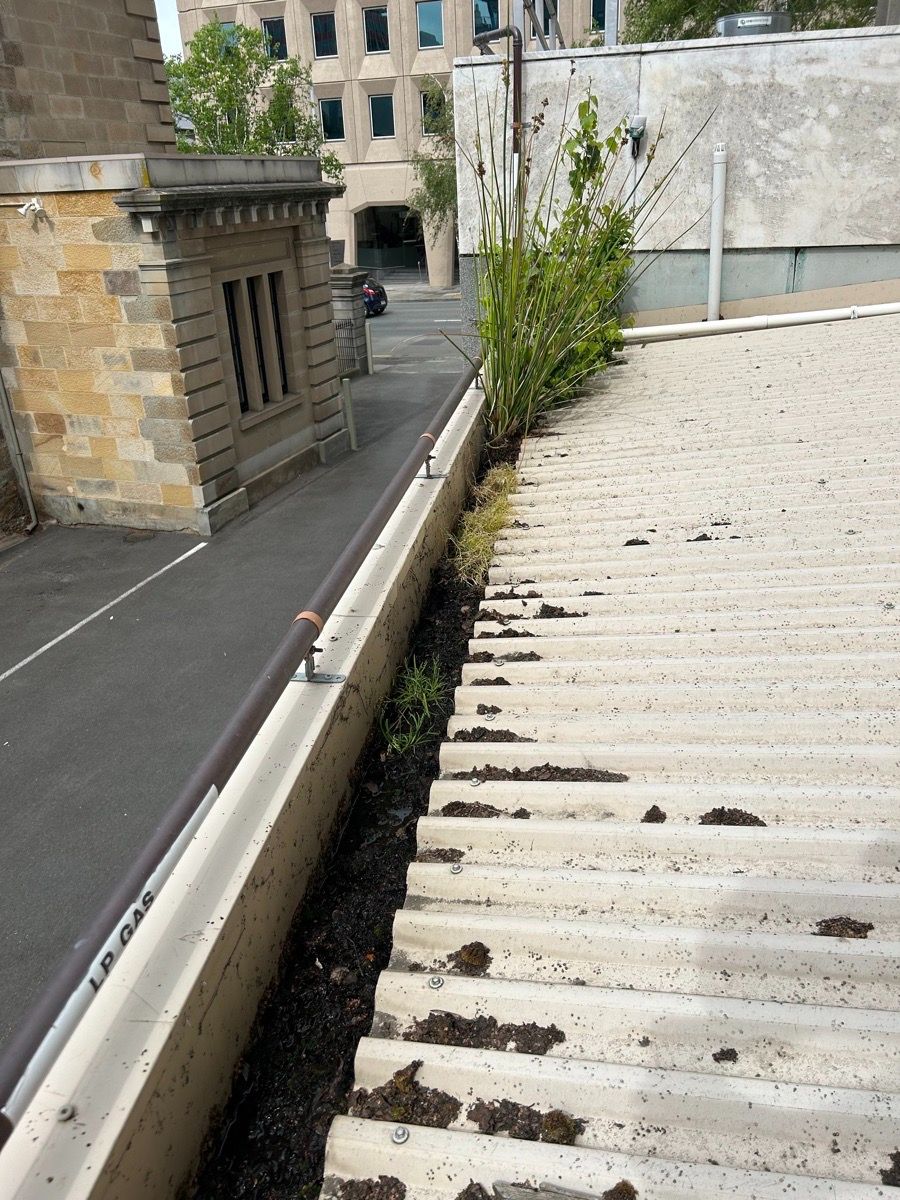
What are the main responsibilities of a roof plumber?
Posted by on 2025-01-14
A roof plumber plays a crucial role in the construction and maintenance of residential and commercial buildings. Their main responsibilities involve installing, repairing, and maintaining roofs to ensure they are structurally sound and watertight.
One of the key responsibilities of a roof plumber is to assess the specific needs of a building and determine the best materials and techniques to use for the job. They must have a thorough understanding of various roofing materials, such as metal, tiles, shingles, and membranes, in order to make informed decisions on how to proceed with a project.
Once the materials have been chosen, the roof plumber is responsible for installing them according to industry standards and building codes. This includes laying down insulation, waterproofing membranes, flashing, gutters, downpipes, and any other components necessary to create a durable and weatherproof roof.
In addition to installation, roof plumbers are also tasked with repairing roofs that have been damaged by weather events or general wear and tear. This may involve replacing broken tiles or shingles, fixing leaks, resealing joints, or patching up holes in the roof. Prompt repairs are essential to prevent further damage to the building's structure and interior.
Regular maintenance is another important aspect of a roof plumber's job. They are responsible for inspecting roofs on a regular basis to identify any potential issues before they escalate into major problems. This may involve cleaning out gutters, checking for signs of water damage or mold growth, and making any necessary adjustments or repairs to keep the roof in good condition.
Overall, the main responsibilities of a roof plumber revolve around ensuring that roofs are installed correctly, repaired promptly when needed, and maintained regularly to prolong their lifespan. Their expertise is essential for protecting buildings from water damage and maintaining a safe and comfortable environment for occupants.